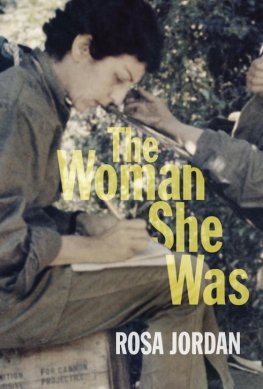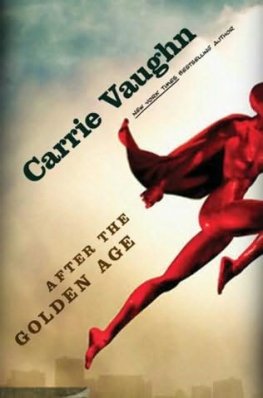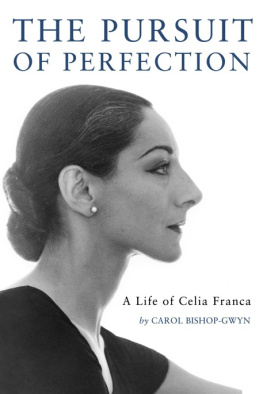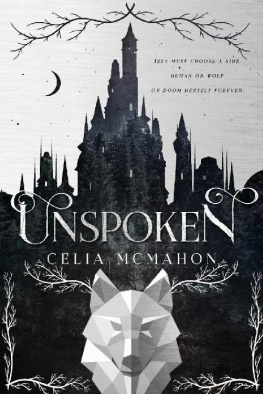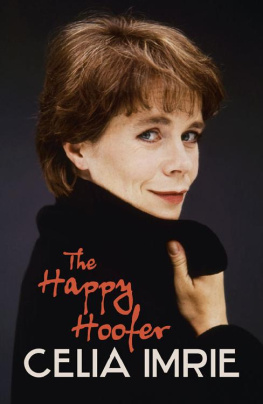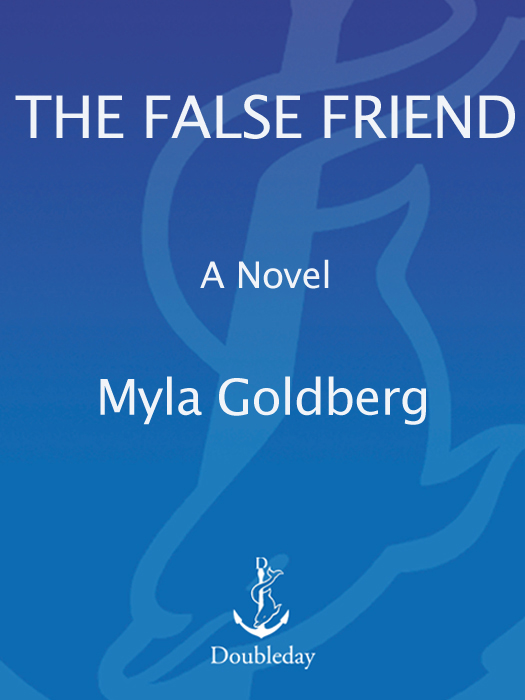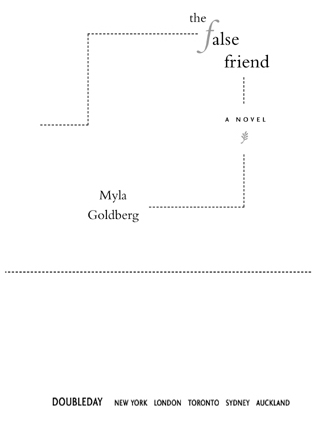ALSO BY MYLA GOLDBERG
Bee Season
Times Magpie
Wicketts Remedy

DOUBLEDAY
This book is a work of fiction. Names, characters, businesses, organizations, places, events, and incidents either are the product of the authors imagination or are used fictitiously. Any resemblance to actual persons, living or dead, events, or locales is entirely coincidental.
Copyright 2010 by Myla Goldberg
All rights reserved. Published in the United States by Doubleday, a division of Random House, Inc., New York, and in Canada by Random House of Canada Limited, Toronto.
www.doubleday.com
DOUBLEDAY and the DD colophon are registered trademarks of Random House, Inc.
Library of Congress Cataloging-in-Publication Data
Goldberg, Myla.
The false friend / by Myla Goldberg. 1st ed.
p. cm.
I. Title.
PS3557.O35819F35 2010
813.54dc22 2010003844
eISBN: 978-0-385-53363-8
First Edition
v3.1
f OR MY DAUGHTERS
At this point I must explain that absolution by means of repentance is possible for all sins with the exception of three. One of these is leading people astray by establishing an evil practice or issuing a wrong decision, since the damage done cannot be repaired. Of one who commits such a sin Scripture says: Whoso causeth the upright to go astray in an evil way, he shall fall himself into his own pit.
Saadia Gaon, Kitab al-Amanat wal-ltikadat
(The Book of Belief and Opinions)
We cannot become the person we long to be by ignoring the persons we have been.
Richard Hirsch, Mahzor LeYamim Noraim:
Prayerbook for the Days of Awe
Contents
CHAPTER 1
T he sight of a vintage VW bug dredged Djuna Pearson from memory. Ladybug, Djuna said into Celias ear as casually as ever, as if this were not the first time that voice had been heard in twenty-one years. Downtown Chicago streamed around Celia in a blur of wing tips and pumps. She stared, seasick, at the gleam of a discarded foil wrapper. When Celia shut her eyes, Djuna materialized behind her closed lids, the two of them sharing the backseat of Mrs. Pearsons Volvo, posting lookout for their favorite car. Ladybug, Djuna called, and at the sound of that familiar, long-forgotten voice, a false wall crumbled to reveal a maze of other rooms, Djuna standing at the center of each one.
Djuna Pearson had appeared at the desk in front of Celia on the first day of fifth grade, the new girls dark ponytail tied back with ribbon, stray hairs feathering a slender nape like enameled porcelain. Djuna had excellent posture, and for this Celia decided to hate her. By the second week of school they were friends of an intensity that summoned hangers-on. Their three most ardent satellites were Josie; Leanne; and Becky, the best friend Djuna had replaced. At any given moment Djuna and Celia were a party the others were desperate to attend, or a traffic accident too spectacular to avoid.
As the last pedestrians left the curb, the WALK sign counted three, two, one. Celia remained in place, replaying the culmination of a playground argument as if it were a home movie.
It had been windy and Celia was wearing her favorite hat, the one with the yellow pompon. With each gust the pompon shifteda slight, ticklish feeling, as if a bird had chosen the top of Celias head to make its nest. Djuna had stood facing Celia, the tips of their noses not six inches apart. It must have been Djunas turn to be outraged because her face was so contorted that her chapped bottom lip had started to bleed. When she yelled, Your hat is stupid! Celia heard the words, felt the heat of Djunas fury, but had been more interested in watching the fissure in the stretched, pink skin at the bottom curve of her best friends mouth turn a darker shade of red. Celia remembered the pause, her utter calm before replying, Your lips are ugly, as if it were a fact to be memorized for a test later on. Djuna spun away, her ponytail slicing an angry arc through the air. When she turned around to scream, I hate you! bodies stilled across the blacktop, recess paused to pay homage to a greater power.
Their reconciliations involved passed notes and the pretense that nothing had happened. During the lulls between storms, they spent hours playing in Djunas room, pretending at belonging to a vast family of orphaned sisters drawn on successive pages of a spiral-bound notebook. Djuna designed the clothes, elaborate ensembles of petticoats and lace that resembled wedding cakes. Celia drew heads that were mostly hair and eyes. One of these afternoons returned to her, a sensory snapshot. She had been staying for dinner and could recall the scent of Mrs. Pearsons cooking wafting upstairs. Residual light from the fading day had cast Djunas features in pale grays, making her seem like a statue of a girl brought temporarily to life. They sat on Djunas bed contemplating a notebook page thick with sisters, the pair meant to represent them the most beautifully drawn of all. We will never be closer to anyone than we are to each other right now, Djuna vowed, to which Celia had agreed with all the certainty eleven years of life could provide. Twenty-one years later, she realized it was still true.
When the WALK sign returned, Celia crossed with everyone else, then stopped at the opposite curb to stare at the corner shed left behind. It was the same instinct that drove others to mark the scenes of accidents and crimes with homemade wooden crosses, with photos and candles. Memorials created the illusion of a sympathetic landscape. Celia looked for some fresh stain, or a crack in the pavement, but saw nothing to mark the demise of her previous self.
Spring had scrapped the need for a jacket, and a breeze snaked inside Celias sleeve. In the heat of the afternoon, she and Djuna had fashioned their coats into capes in order to streak downhill from the bus, arms outthrust, their coat capes flapping behind them. When Celia didnt slouch, they were the same height but Djunas arms were longer. Djuna had double-jointed fingers and could waggle each fingertip at its top knuckle. At the bottom of the hill they would throw themselves onto the nearest lawn. Djuna insisted that she could hear the grass grow when she pressed her ear to the ground.
It was not yet nine A.M . and Celia wanted to close her eyes and be draped over a shoulder to be carried home like a sleep-clobbered child. Instead she used her reflection in a storefront window to examine a softer, more impressionable landscape. Her nose and chin had sharpened, and her hair was darker than it once had been. She had lost the baby fat that had once made her cheeks pinchable, but her eyes were the same pale blue. Djuna could have dowsed from those features a smaller face now outgrown. Celia searched the opposite corner one last time, hoping to conjure Djuna from that single remembered word, but the voice she had heard was light from an extinguished star.
Above the doors of Celias destination, STATE OF ILLINOIS BUILDING was carved in stone, those words a former title belt worn in reverse reflection by the mirrored facade of the new champion across the street. The Thompson Center contained an El station, a shopping mall, and most of the state agencies that had once endowed its older neighbor. Celias building was called the Bilandic now, demoted to glorifying a former mayor, the Illinois Auditor Generals office the most distinguished among the agencies it had retained. Celia had always preferred her building, but had the Auditor Generals office moved with the rest, she would not have been on the street that morning. Like the personnel of the Lottery Department and the Elections Board, she would have traveled from the El station to her office door without ever having to step outside. She would not have seen the red car. For the rest of her life she might have enjoyed the illusion that she was no more monstrous than anybody else.


